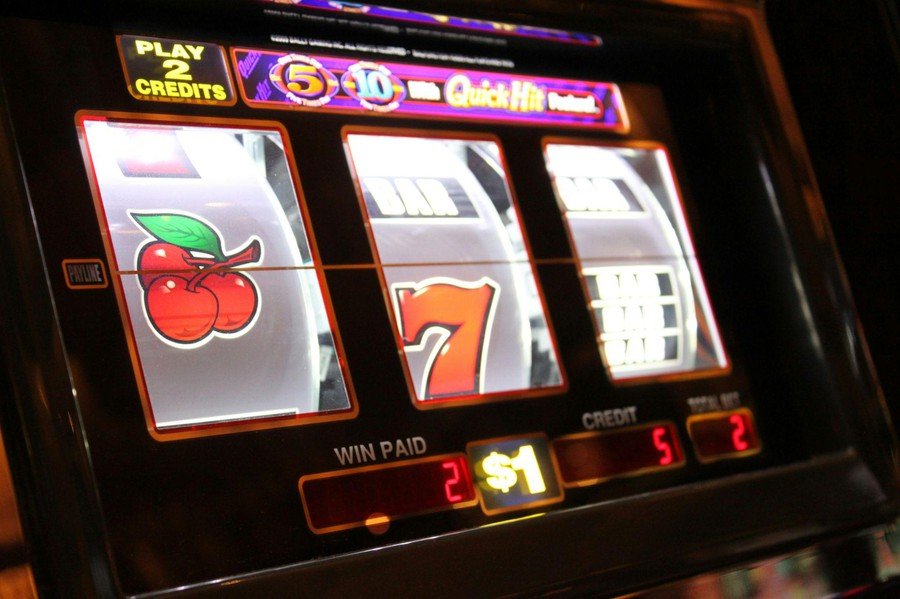It’s tempting to try your luck now and then, and sometimes it’s worth a try. But, it’s important to resist that temptation when online gambling is in question. The US Gambling Sites need to adhere to some legal regulations to be operational.

So, before you register and provide your payment data, make sure that the website you’re trying to gamble on is legal. In this text, we’re going to discuss some of the things legal US gambling sites have.
Legal Gambling Site Requirements
Gambling is something quite tricky when it comes to the legal system. Not only in the US but across the world as well. Some laws regulate gambling in the US, and the internet is no longer a grey area. Let’s discuss what it takes for a gambling site to be legal.
1. Licensing and Regulation
Without licensing and regulation, you can’t be sure your actions are safe. Some states in the US don’t allow online sports gambling. So, you might need to go to New Jersey where it’s legal, and overseen by the DGE (Division of Gaming Enforcement), and the legal sites have their license which means:
• Legal compliance: There are age restrictions that apply to certain states, but it’s illegal for minors.
• Consumer protection: The regulatory body often oversees the games, i.e. the gambling operations to make sure that the players play securely, the games are fair, and the funds are secure.
• Responsible gambling: You can’t spend all your money because there’s a deposit limit, and there are options such as self-exclusion.
• Game integrity: This usually means that the games cannot be fixed because they use random number generators that are certified.
2. Federal Law Compliance
There’s a very neat thing that protects both users and gambling operators in the US, and it’s called UIGEA. It’s a federal law called the Unlawful Internet Gambling Enforcement Act, and here are some key points it represents:
• Payment processing: Banks and other financial institutions need to identify if there is an illegal transaction regarding gambling. It’s also good for gambling sites to work with verified and reputable payment processors.
• Penalty risks: If the gambling provider doesn’t comply with UIGEA, they can be penalized from fines to criminal prosecution. There are strict measures gambling website operators need to take to avoid this kind of situation.
• Regulatory oversight: As we mentioned earlier, there needs to be an oversight from a regulatory authority to verify that the gambling website operators comply with the UIGEA, and there are no illegal activities.
3. State Law Compliance
Federal law and state law work together to regulate gambling, but if a state chooses to legalize some form of gambling, gambling operators that operate within that form, e.g. sports betting in New Jersey, then state law supersedes federal law in terms of licensing.
Gambling website operators can receive licensing from a dedicated regulatory body if they adhere to all the standards and regulations. However, the players and operators must comply with state laws to participate in such activities.
4. Age Restrictions
Age restrictions on gambling websites are regulated by both federal and state laws. Players need to verify their age to participate in any legal gambling activities online. The websites usually have a combination of mechanisms to ensure this:
• Personal info: It’s common for gambling websites to require you to fill out a form where you provide personal info when registering including your full name and date of birth. There can be additional details such as your address and phone number.
• ID: Sometimes, you might need to take a photo with your ID card, or scan and submit a copy of it. One good thing about it is that the sites are usually flexible with the choice of government-issued documents. So, it can be an ID card, a passport, a driver’s license, etc.
• Verification processes: This is the second step after you submit your ID document, they’ll probably go through various processes to authenticate and validate that it’s you in that document.
• Age estimation algorithms: Some sites use facial recognition and other age verification technologies to determine the age of their users. They’ll scan your face and analyze your biometrics. It might not be very reliable if someone is using makeup.
5. Secure Transactions
Generally, a recommended thing for all websites is to use a third-party payment processor to make the transactions as secure as possible. This way, gambling websites don’t take accountability for payment data.
If possible, it’s best to also keep the database of registered users in a separate party. Then, the stress is even more alleviated. But, these processors must be trustworthy and certified as well, so that the players know their money is safe.
Conclusion
It’s better to be on the safe side and check whether the gambling site has age verification if it has secure transactions, and if it’s certified to operate in the industry. It’s also good to see which state has which laws for gambling.






— Commenti 0
Diventa il primo a commentare